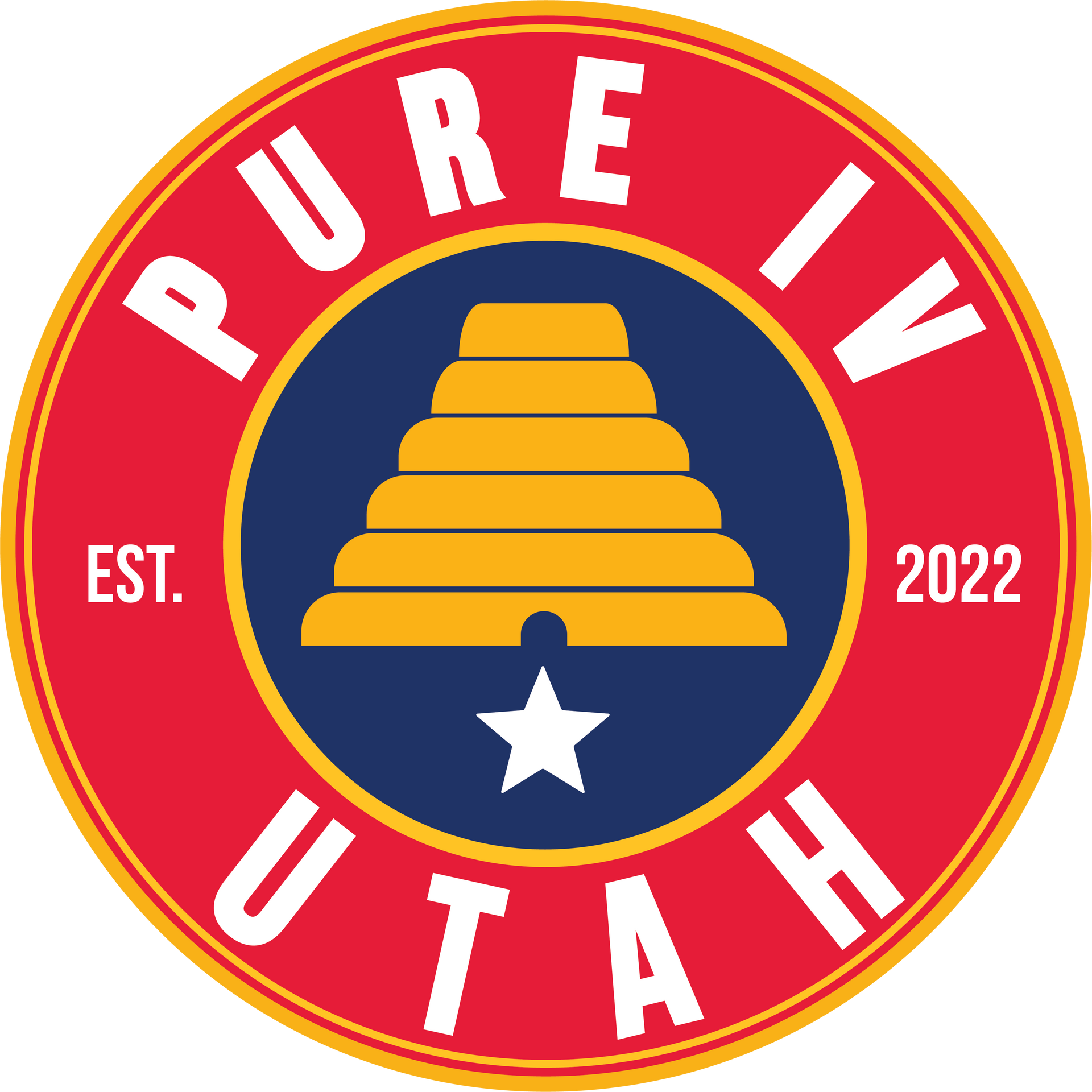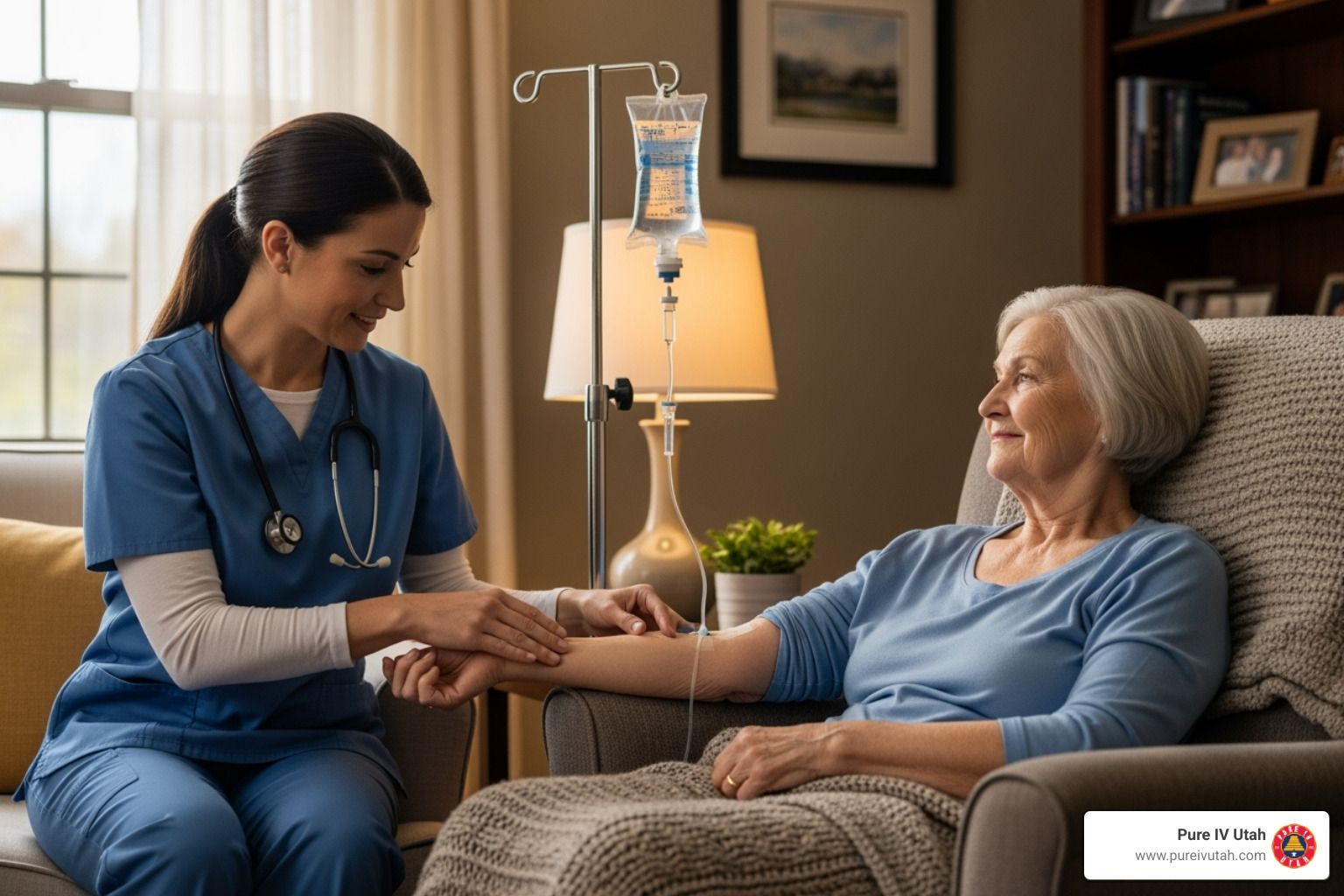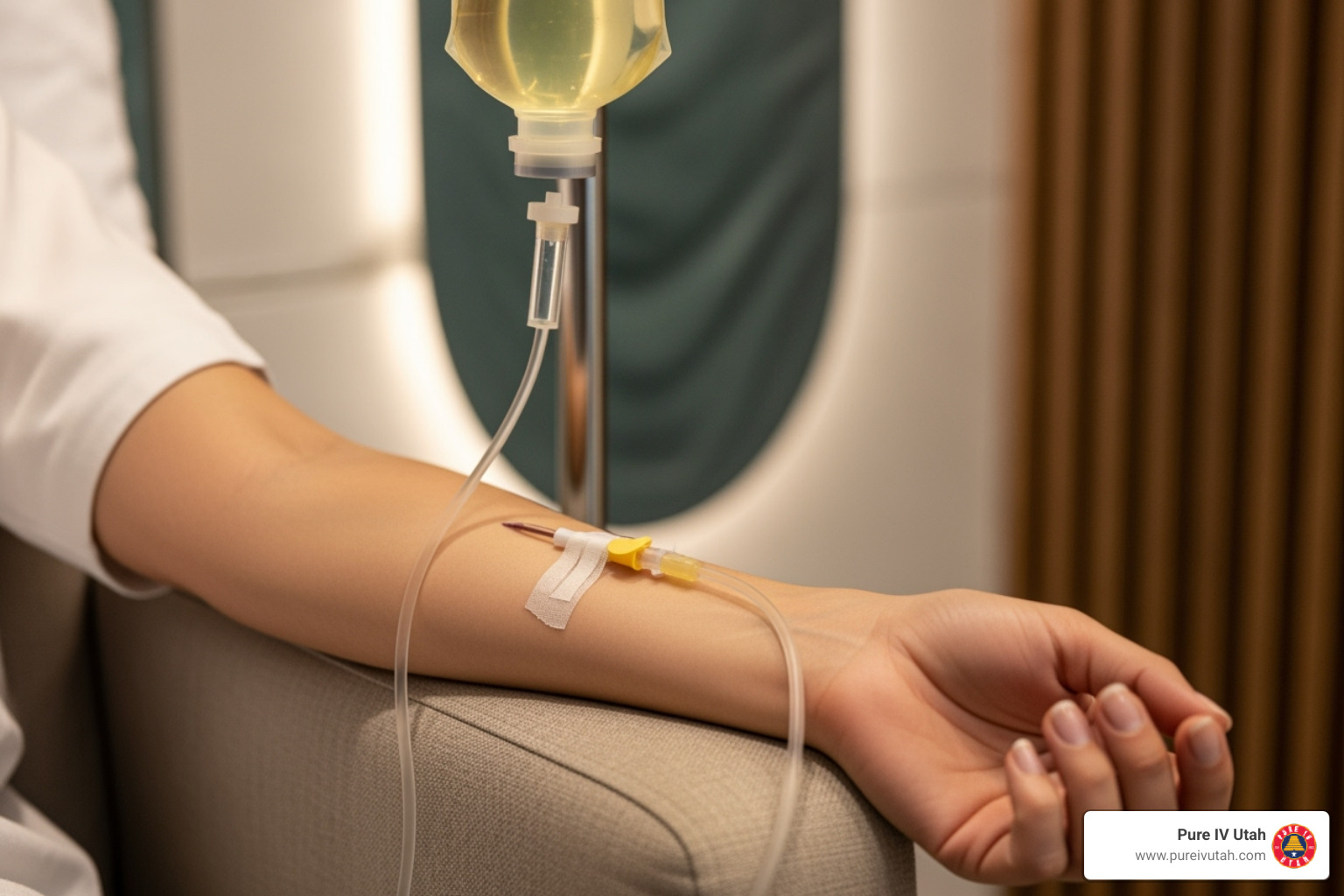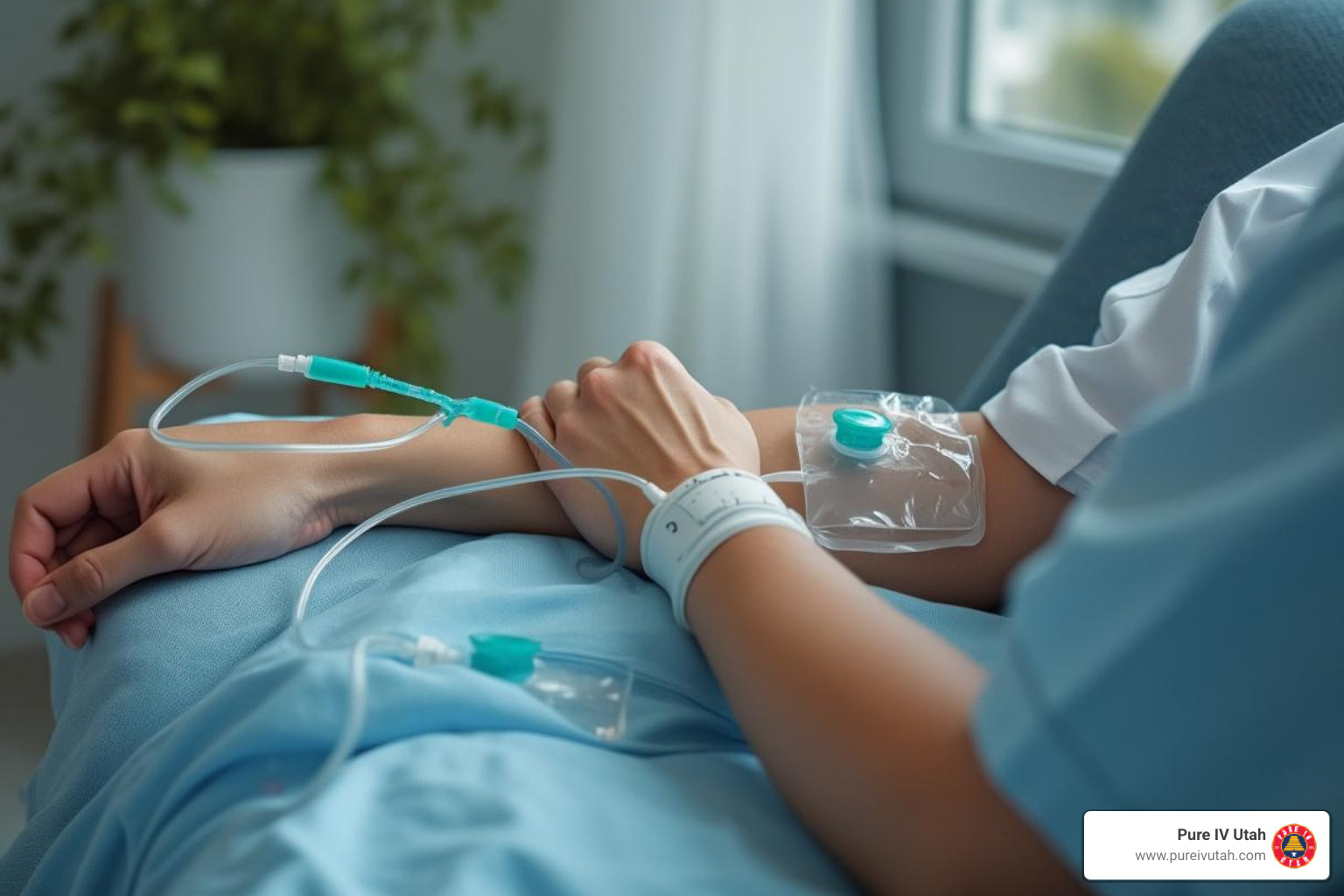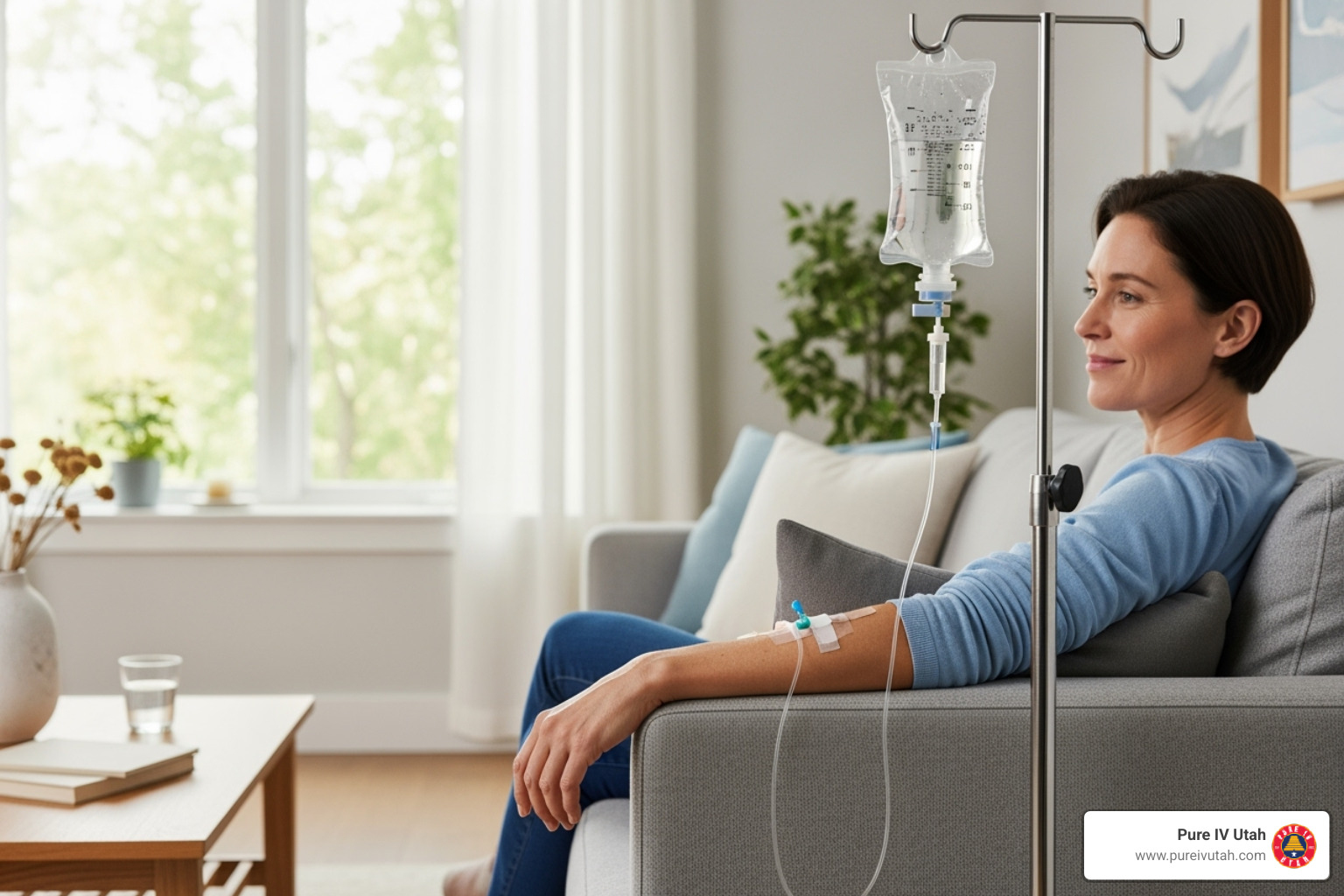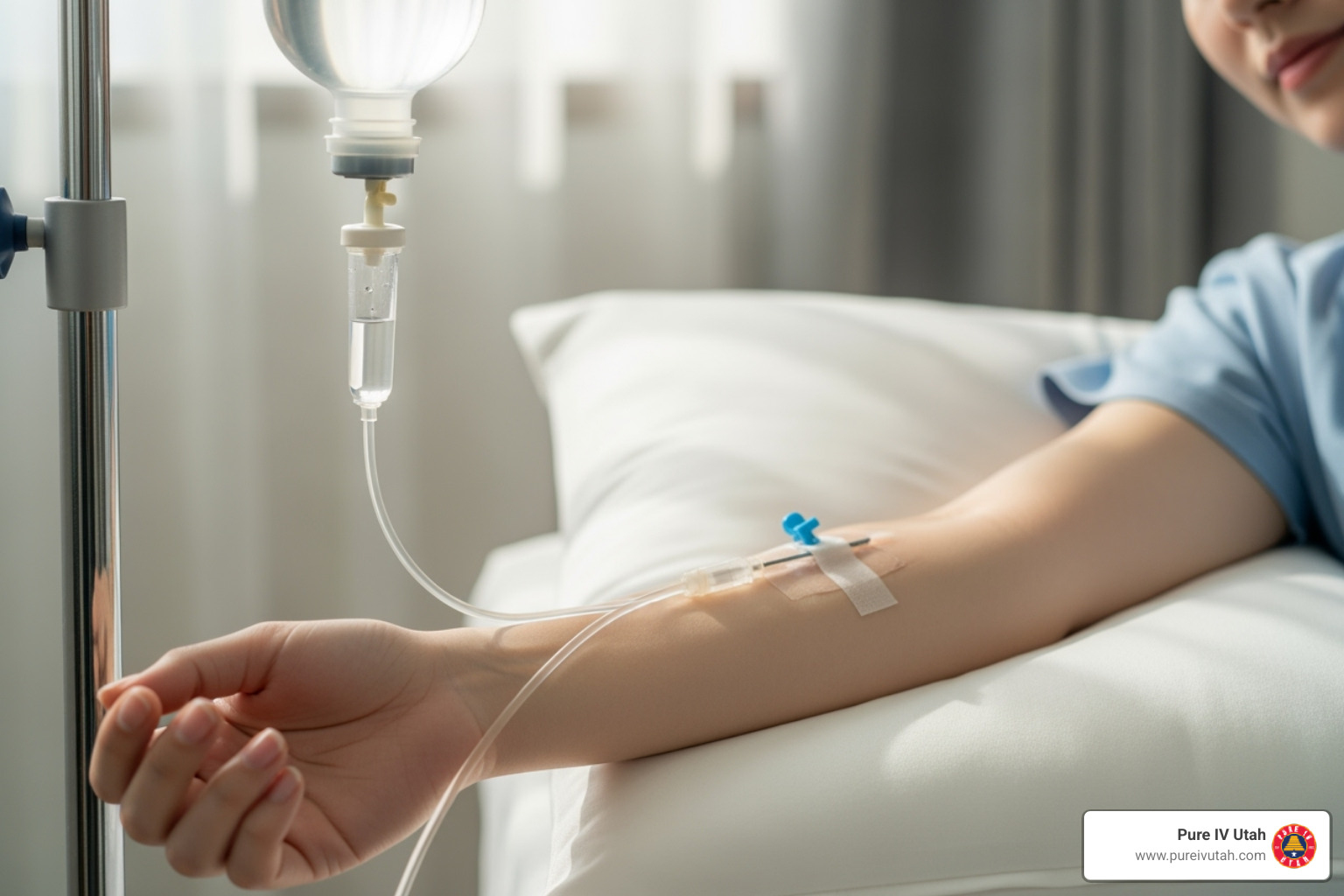IV Therapy for Altitude Sickness: Fast Relief for Utah Hikers
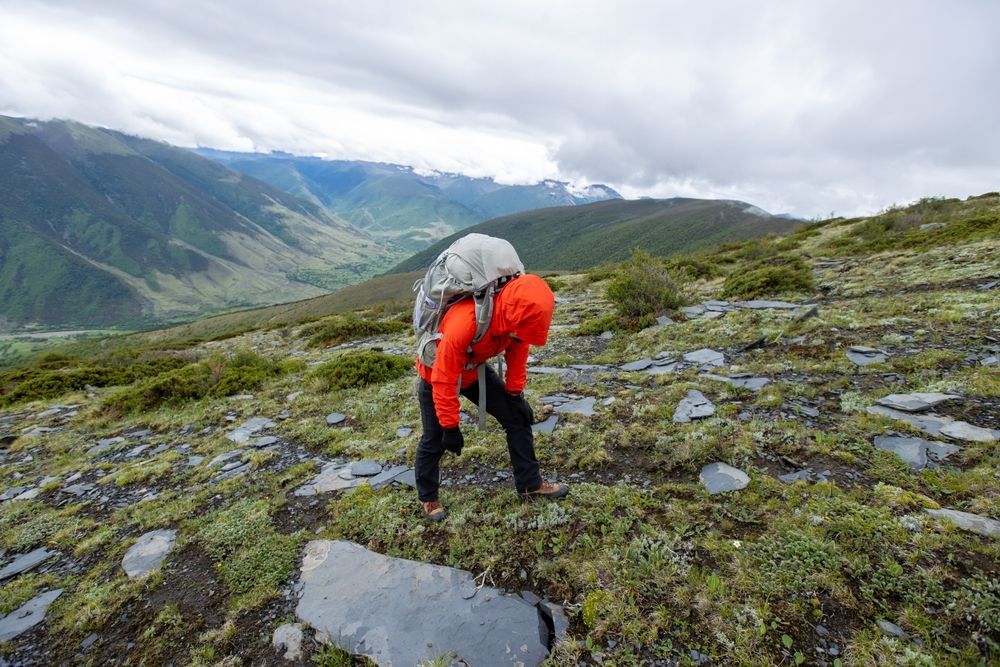
Utah's breathtaking landscapes and towering peaks offer adventure seekers the opportunity to explore some of the most beautiful hiking trails in the country. However, the higher altitudes can present significant health challenges, particularly for those unaccustomed to thinner air. This article delves into the causes and solutions for altitude sickness, focusing on the benefits of mobile IV therapy for hikers in Utah.
Understanding Altitude Sickness
Altitude sickness, also known as acute mountain sickness (AMS), is a condition that can affect individuals when they ascend to high altitudes too rapidly. It occurs when the body struggles to adapt to the decrease in oxygen levels in the environment. Recognizing the symptoms and understanding its causes is essential for anyone looking to hike at elevation.
Causes of Altitude Sickness
The primary cause of altitude sickness is the reduced availability of oxygen as elevation increases. Each person’s sensitivity to these changes varies; some may experience symptoms after ascending as low as 6,000 feet, while others can reach over 8,000 feet without issue. Fast ascents, dehydration, and strenuous exercise can exacerbate the risk.
Environmental factors also play a role. For instance, hiking in cold temperatures can further stress the body, while high altitudes often result in lower humidity levels. As a result, hikers may not realize they are becoming dehydrated, leading to an increased risk of altitude sickness.
Symptoms and Risks of Altitude Sickness
Symptoms of altitude sickness can range from mild to severe, including headaches, dizziness, nausea, and fatigue. More severe cases can lead to high-altitude pulmonary edema (HAPE) or high-altitude cerebral edema (HACE), which are potentially life-threatening conditions requiring immediate medical attention.
Understanding these symptoms is crucial for prevention and timely intervention. Recognizing early signs allows hikers to descend to lower altitudes or seek help before the situation escalates.
The Science Behind Mobile IV Therapy
Mobile IV therapy is a modern healthcare solution that provides intravenous fluids and nutrients to those in need. This therapy can be particularly beneficial for individuals experiencing altitude sickness, as it helps to quickly rehydrate and replenish essential minerals.
How IV Therapy Works
IV therapy involves the administration of fluids directly into the bloodstream through a vein. This method allows for rapid absorption of hydration and nutrients, bypassing the digestive system. For hikers suffering from altitude sickness, this means relief can be felt almost immediately.
Hydration through IV therapy can also help alleviate some of the physical symptoms associated with altitude sickness, making it a practical option for hikers before they continue their adventures.
Benefits of Mobile IV Therapy
The convenience of mobile IV therapy means that experienced professionals can come directly to hiking locations, providing care where it’s needed most. The benefits include:
- Rapid rehydration to alleviate symptoms
- Personalized nutrient solutions tailored to individual needs
- Immediate relief from nausea and headaches
- Convenience of receiving treatment without needing to travel
This therapy can be a game-changer for outdoor enthusiasts, ensuring they stay safe and healthy while enjoying Utah’s stunning wilderness.
Mobile IV Therapy for Altitude Sickness
For hikers facing the challenges of high altitudes, mobile IV therapy offers a tailored approach to managing altitude sickness effectively. This service targets hydration and nutritional needs, helping to avoid or treat altitude sickness promptly.
The Role of Hydration in Altitude Sickness
Staying hydrated is essential when hiking at high altitudes. Dehydration can intensify the symptoms of altitude sickness, making it critical for hikers to maintain fluid intake. Mobile IV therapy delivers hydration directly into the bloodstream, enabling quicker relief from dehydration-related symptoms.
Moreover, using IV therapy allows for the addition of electrolytes, which can promote overall well-being and speed up recovery from altitude acclimatization.
Nutrients and Vitamins in IV Therapy
In addition to fluids, mobile IV therapy can include essential vitamins and minerals such as magnesium, calcium, and vitamin B complex. These nutrients can enhance energy levels and improve the body’s ability to adapt to lower oxygen environments, effectively combating the negative effects of altitude.
By incorporating these nutrients, IV therapy not only addresses symptoms but also supports overall health, allowing hikers to enjoy their journey without major disruptions.
Why Mobile IV Therapy is Essential for Utah Hikers
Utah's landscapes offer unique elevation challenges that many hikers may not be familiar with. The state boasts numerous peaks over 10,000 feet, which create an environment where altitude sickness can develop quickly.
The Unique Altitude Challenges in Utah
Utah's diverse geography means that hikers may experience rapid changes in altitude, making acclimatization difficult. From the Wasatch Range to the Uinta Mountains, the potential for altitude sickness is always present. Hikers must prepare accordingly to ensure their enjoyment and safety.
Mobile IV therapy can help address these challenges, allowing hikers to focus on their adventure while receiving the necessary support to combat the symptoms of altitude sickness.
Accessibility and Convenience of Mobile IV Therapy
Mobile IV therapy provides a convenient option for hikers who may find themselves in remote locations. The ability to receive treatment quickly and effectively can make a significant difference in a hiker's experience. Furthermore, having access to such services means that hikers can remain safe and healthy during their explorations.
The ease of arranging for mobile IV therapy means less time worrying about physical wellness and more time enjoying Utah’s stunning trails.
Precautions and Considerations for Mobile IV Therapy
While mobile IV therapy presents numerous advantages for altitude sickness, it’s essential to consider safety and appropriate use. Understanding the precautions can help hikers make informed decisions about their health while on the trail.
Safety Measures for Mobile IV Therapy
Before opting for mobile IV therapy, hikers should ensure they are receiving treatment from licensed professionals. Ensure that the personnel are experienced in managing altitude sickness and equipped to provide emergency assistance if necessary.
Moreover, hikers should be aware of their individual health conditions and discuss any concerns with a healthcare provider before engaging in IV therapy.
When to Seek Professional Medical Help
While mobile IV therapy can ease symptoms, it is crucial to recognize when to seek further medical attention. If a hiker experiences severe symptoms such as difficulty breathing, loss of consciousness, or persistent vomiting, it may indicate a serious condition that requires immediate care.
Balance is key. Utilizing mobile IV therapy for hydration and vitamins can be an invaluable resource, but understanding when to escalate care is essential for a safe hiking experience in Utah.
Overall, mobile IV therapy stands out as an effective solution for alleviating altitude sickness symptoms. Utah's beautiful hiking terrain is best enjoyed when hikers recognize the risks associated with high elevations and equip themselves with the resources to thrive. Whether through hydration, nutrients, or convenient mobile services, hikers can enjoy their adventures safely and fully.

